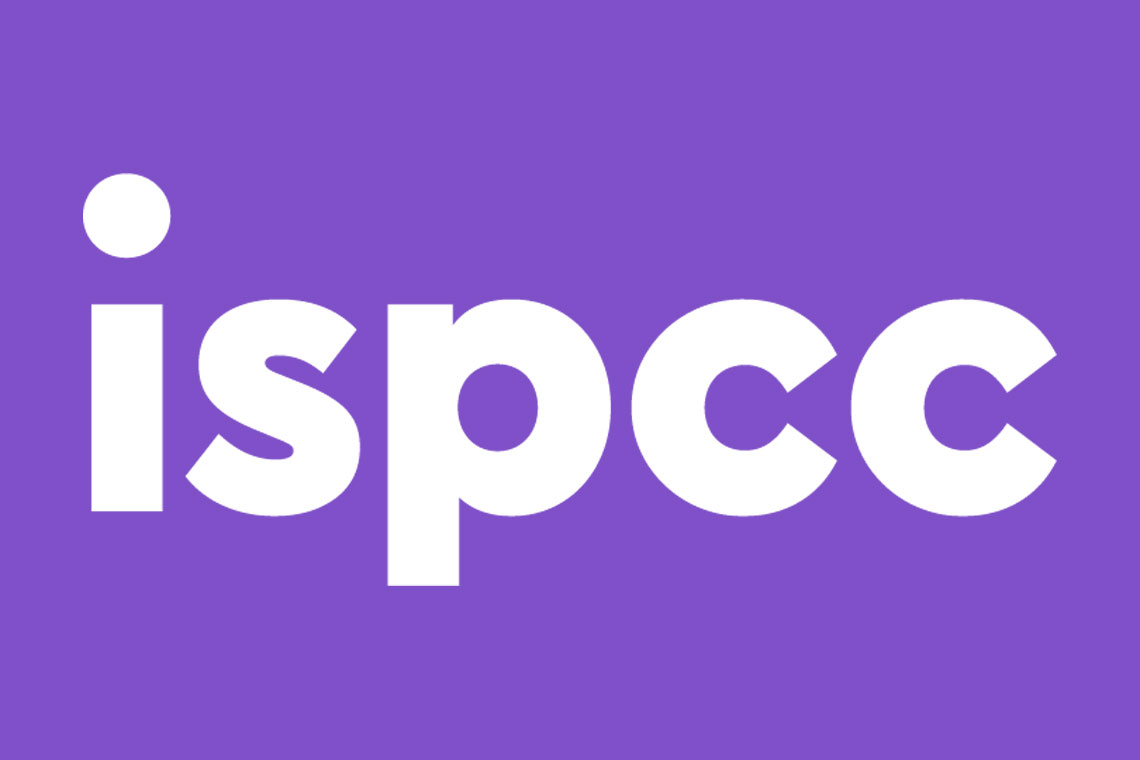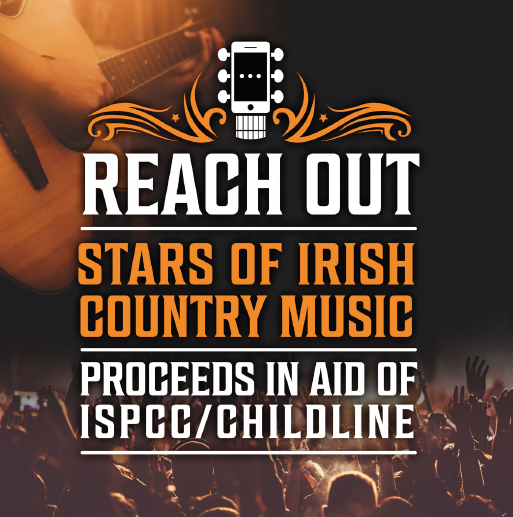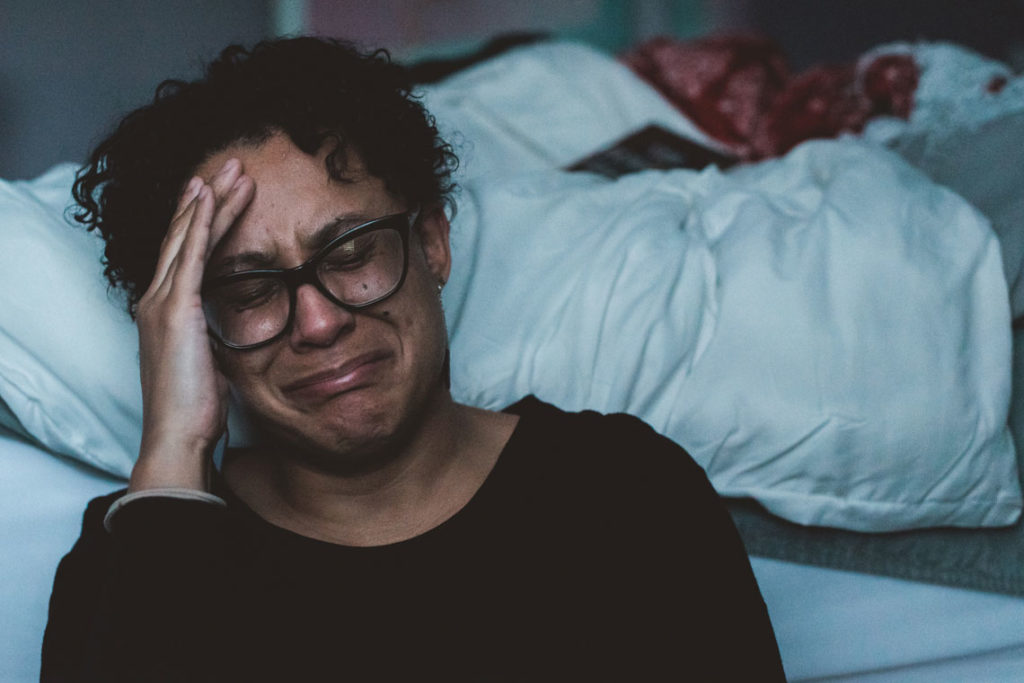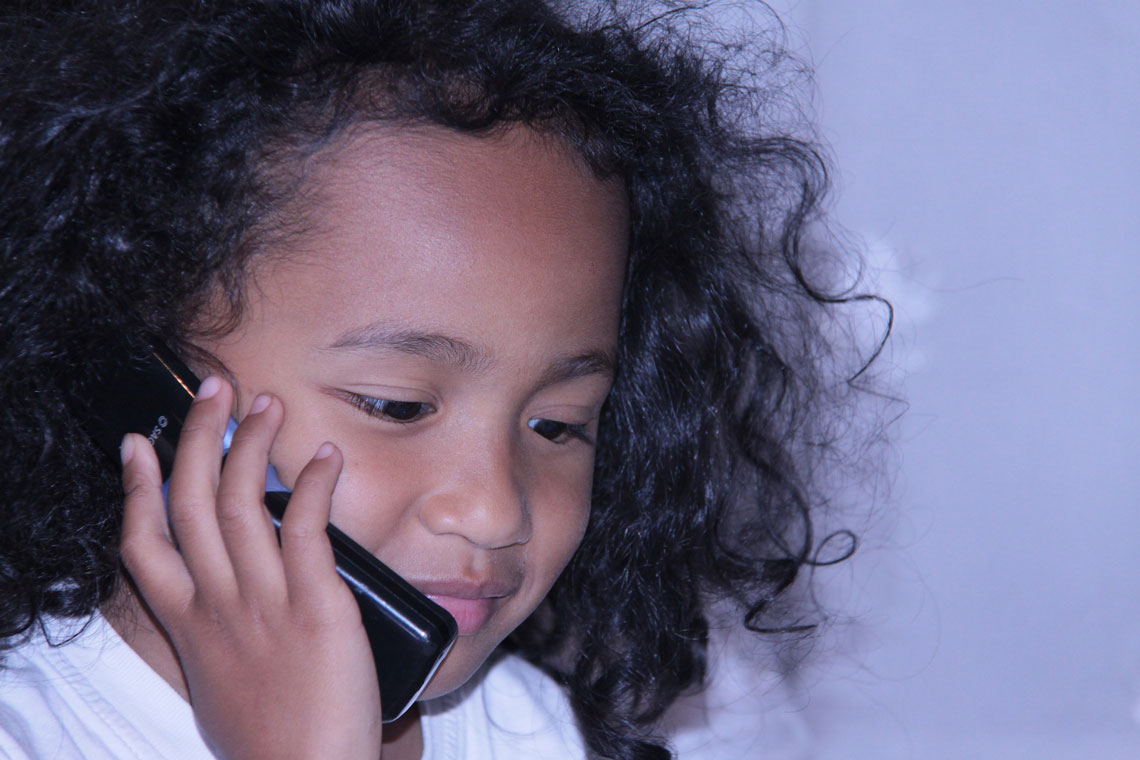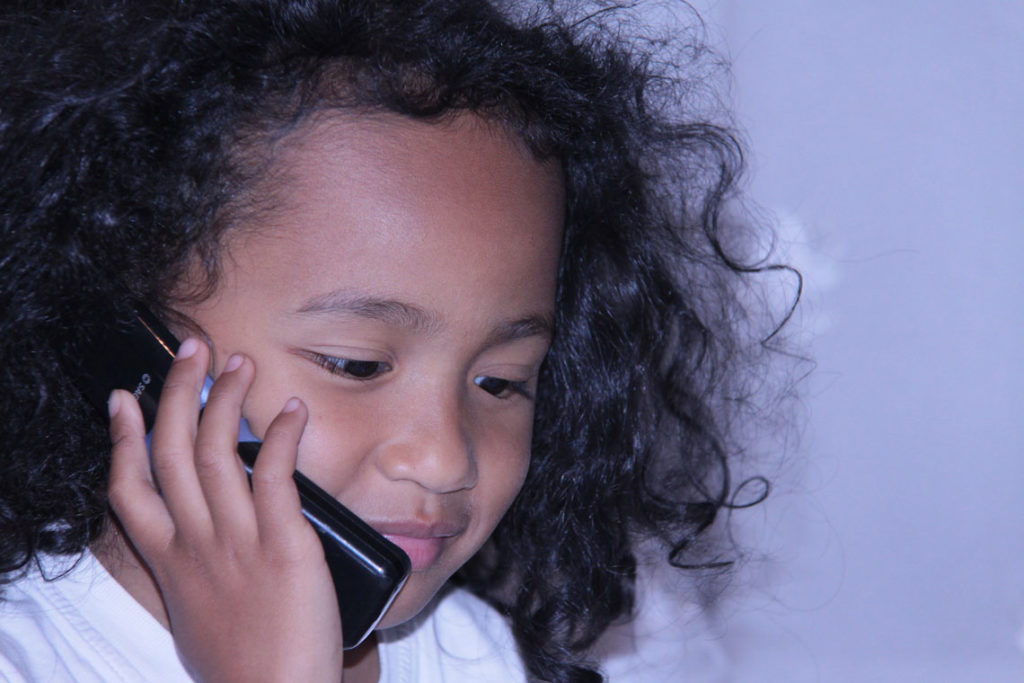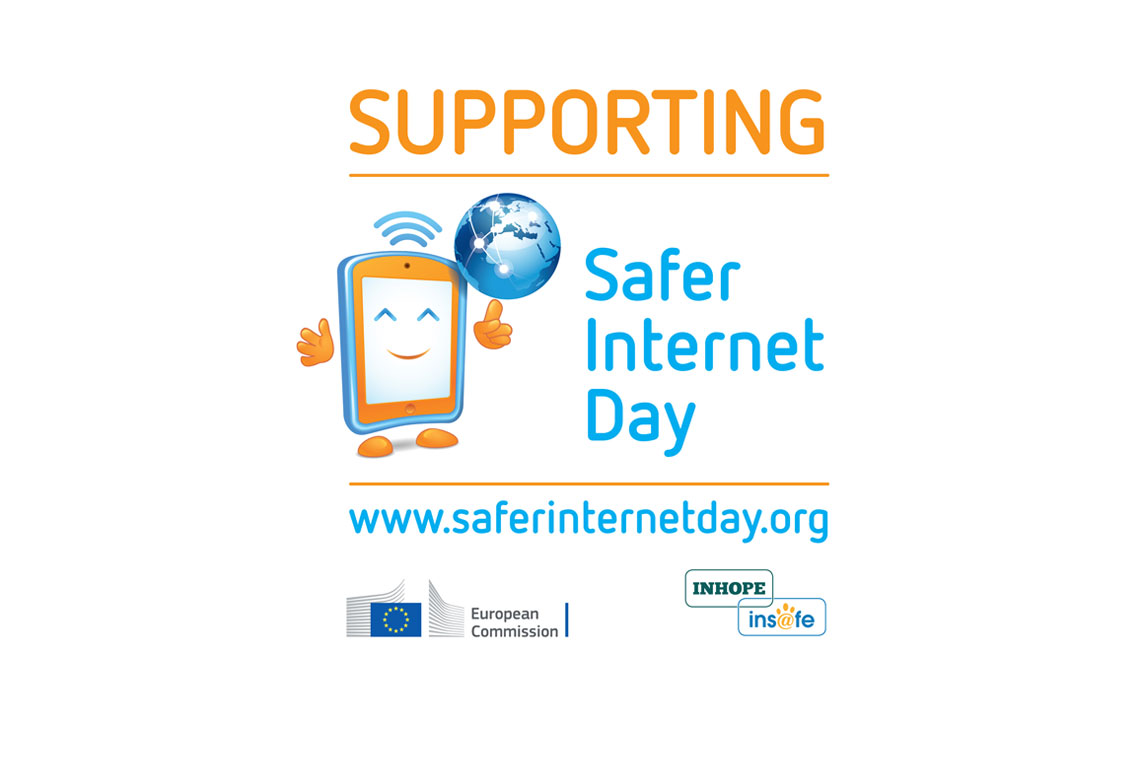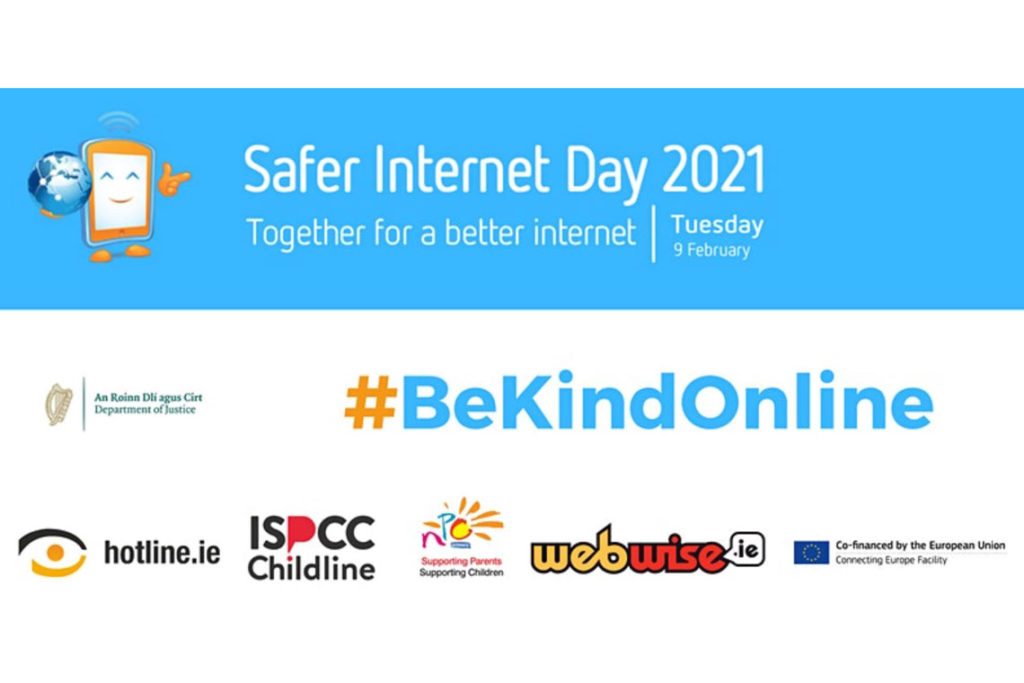Vodafone Ireland and ISPCC Childline have announced details of a competition to find a Digital Mascot for the Irish Rugby team.
Continue readingISPCC urges need for individual reporting mechanism for children exposed to online harms in new Online Safety Bill
The ISPCC has urged government to ensure that children, young people and families can lodge individual complaints
Continue readingReach Out – Country Music Stars Support ISPCC Childline
ISPCC Childline is delighted to have the support of stars of Irish country music, including Daniel O’Donnell, Nathan Carter, and many more
Continue readingHow Do You Fill Your Cup?
As the saying goes: ‘You can’t pour from an empty cup.’
Continue readingWhat is Domestic Violence?
WATCH: What Happens When A Child Contacts Childline?
ISPCC welcomes commencement of Coco’s Law on Safer Internet Day 2021
The ISPCC welcomes the commencement of Coco’s Law on Safer Internet Day 2021
Continue readingYoung People And Sexting
Sexting is when someone sends sexually explicit pictures of themselves or others via a mobile phone, email or the web.
Continue readingWhat to do if your Child is being Cyber-bullied
Cyberbullying is a real threat for young people. These are the signs to look out for and what to do if your child is being cyber-bullied.
Continue reading
